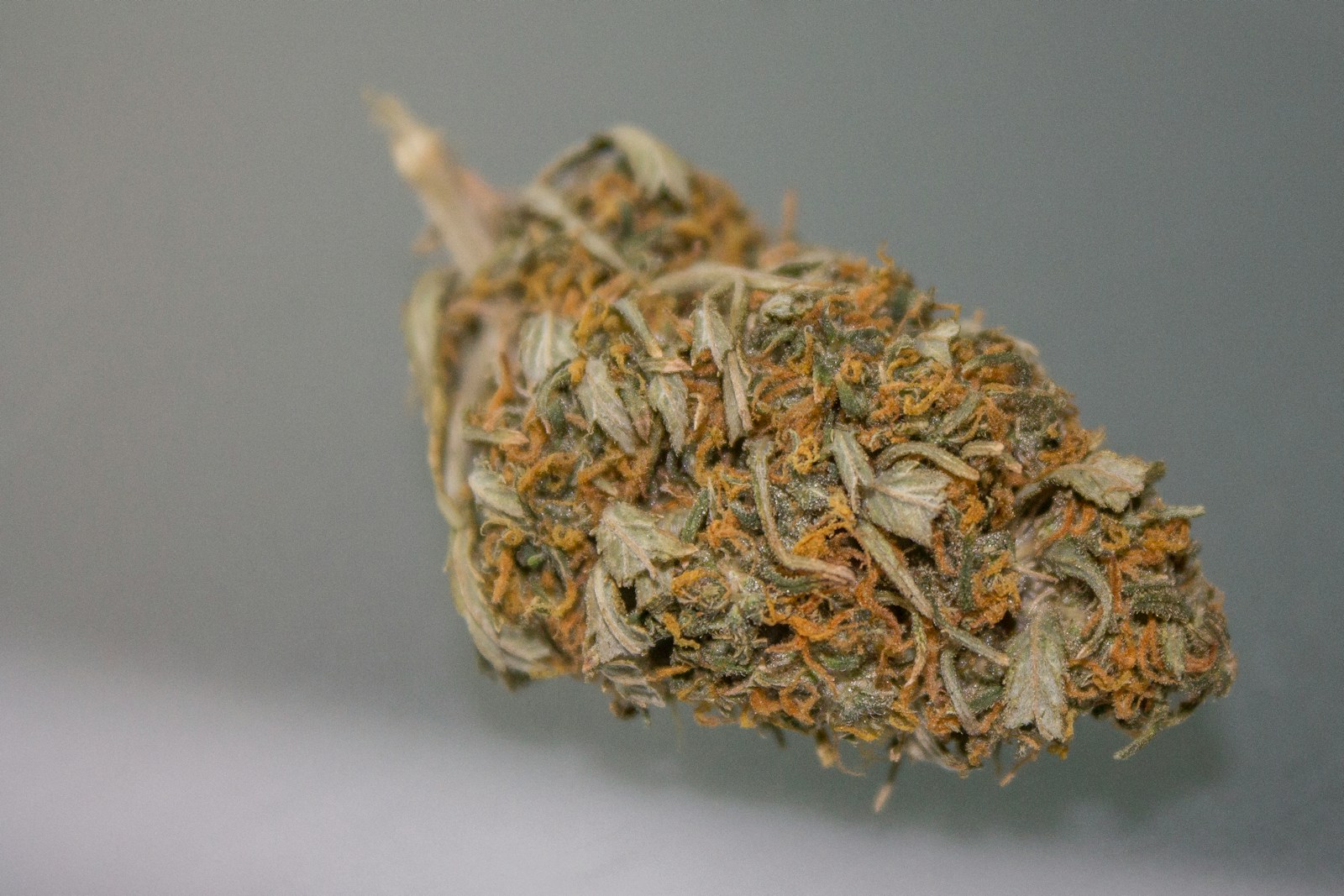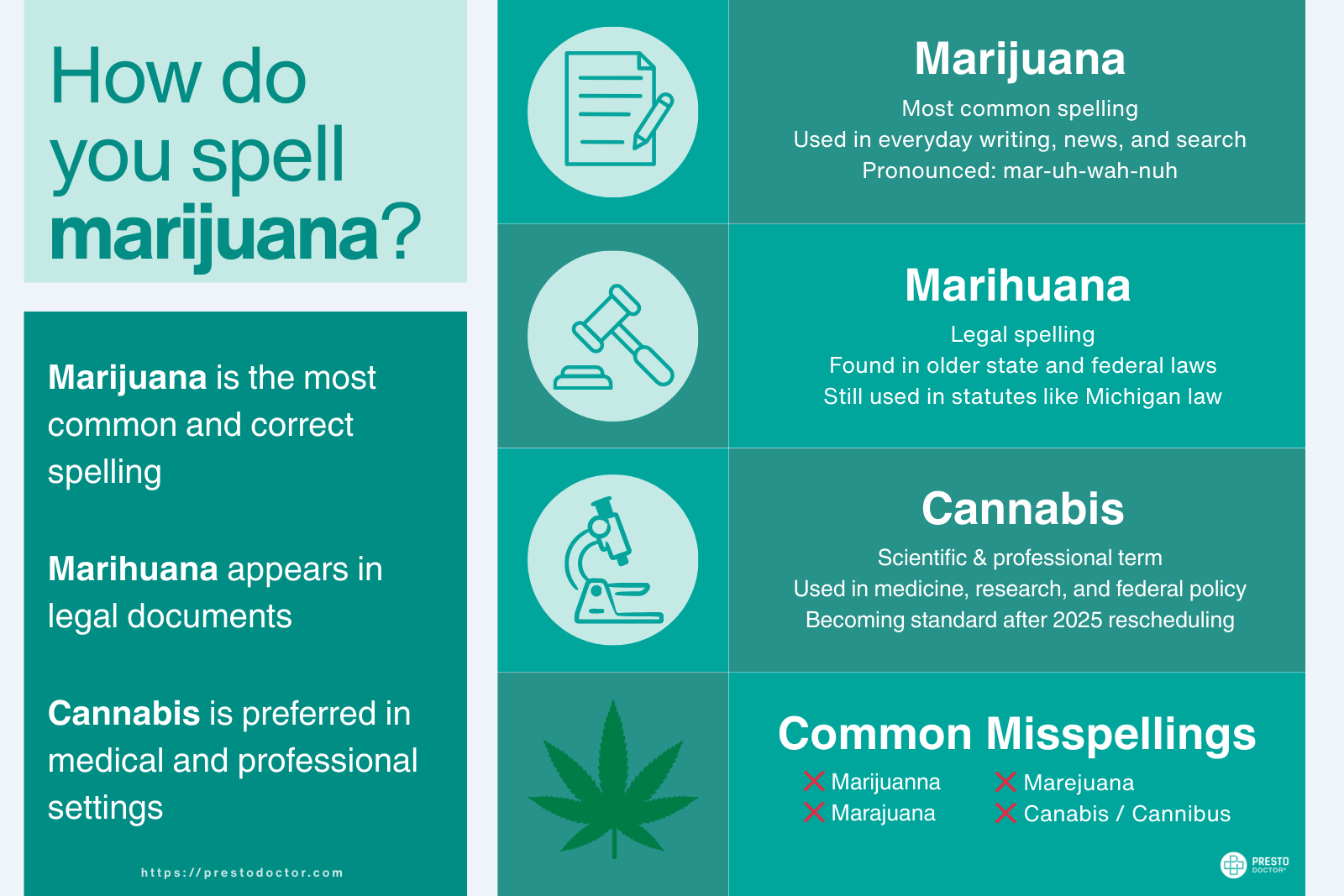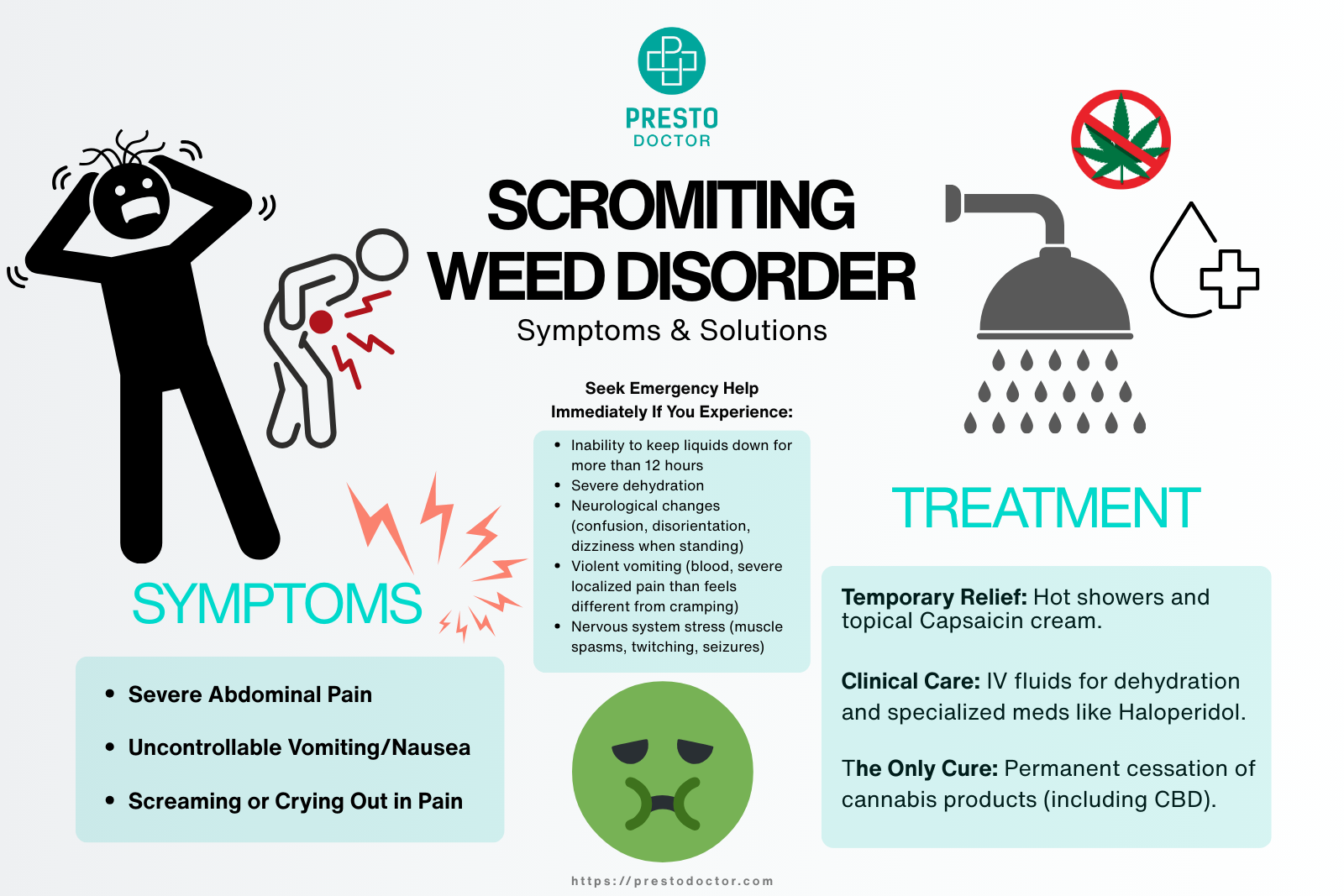
The use of marijuana has become more prevalent in recent years, with some people choosing to smoke weed on a daily basis. However, it is important to understand the potential risks and consequences associated with regular marijuana consumption. Daily smokers may ask, is it safe to smoke weed everyday?
Benefits and risks of smoking weed daily
Smoking weed daily can offer potential benefits such as pain relief and relaxation. However, it also carries risks including addiction, cognitive impairment, and negative impacts on mental health. It is important to assess these factors before making the decision to smoke weed every day.
Effects of Daily Marijuana Use on Health
Daily marijuana use can have both physical and psychological effects on health. These may include respiratory problems, cognitive impairments, and potential risks to cardiovascular health and the immune system.
Physical health impacts of smoking weed everyday
Daily marijuana use can lead to respiratory issues, such as chronic bronchitis and lung inflammation. It can also impair the immune system, making it harder for the body to fight off infections and diseases. Just as smoking cigarettes can do lung damage, smoking cannabis can do the same. Any form of combustable, inhale-able smoke is not recommended for daily consumption.
Psychological effects of regular marijuana consumption
Regular marijuana consumption can lead to various psychological effects, including memory and cognitive impairments, decreased motivation, and an increased risk of anxiety and depression.
Potential Addiction and Dependence
Regular marijuana use carries the risk of addiction and dependence. People who smoke weed daily may develop a tolerance, needing higher doses to achieve the same effects. This can lead to withdrawal symptoms and difficulty quitting.
Withdrawal symptoms and potential consequences
Withdrawal symptoms from regular marijuana use may include irritability, insomnia, anxiety, and decreased appetite. Continued daily use can lead to dependence and potential negative effects on personal relationships, work productivity, and overall mental and physical well-being.
Impact on Mental Health
Regular marijuana use has been associated with an increased risk of mental health issues such as anxiety, depression, and psychosis. It can also affect memory, cognition, and motivation in the long term.
Effects on memory, cognition, and motivation
Regular marijuana use, especially when consumed daily, has been associated with significant effects on memory, cognition, and motivation. Scientific studies indicate that consistent weed consumption can impair short-term memory retention, making it challenging to recall recent events or information. Furthermore, attention span and cognitive functions such as problem-solving and decision-making can be adversely affected. Another notable impact is on motivation levels; individuals who smoke weed regularly may experience reduced drive and enthusiasm, leading to decreased productivity in daily activities. These cognitive and motivational changes underscore the importance of understanding the potential consequences of daily marijuana use on both mental acuity and overall performance.
Long-Term Consequences and Risks
Chronic marijuana use can have negative long-term consequences on the respiratory system, potentially leading to lung damage and an increased risk of respiratory problems. It may also impact cardiovascular health and weaken the immune system.
Chronic marijuana use and its effects on respiratory system
Chronic marijuana use poses significant risks to the respiratory system, often overshadowed by its other perceived effects. When cannabis is smoked, it releases harmful substances and irritants. These irritants are similar to those in tobacco smoke, which can directly impact the lungs and airways. Over time, the continuous inhalation of these irritants can lead to inflammation and damage to the delicate lung tissues. This damage can manifest in various forms, including bronchial irritation, which can result in symptoms like a persistent cough or increased phlegm production.
Furthermore, the presence of tar in marijuana smoke can accumulate in the lungs, potentially leading to a condition known as chronic bronchitis. Chronic bronchitis is characterized by inflammation of the bronchial tubes, which are responsible for carrying air to and from the lungs. This inflammation can cause narrowing of the airways, making breathing more challenging and contributing to respiratory discomfort.
Additionally, chronic marijuana use has been linked to an increased risk of respiratory infections due to its impact on the immune system. The compromised immune response can make individuals more susceptible to infections, further exacerbating respiratory issues.
Potential impact on cardiovascular health and immune system
Chronic marijuana use has been associated with potential risks to cardiovascular health, including increased heart rate, blood pressure, and an increased risk of heart disease. It may also weaken the immune system, making individuals more susceptible to infections and illness.
Conclusion
In conclusion, daily marijuana use comes with potential risks to physical and mental health. It is important for individuals to be aware of these risks and make informed decisions about their marijuana consumption. Responsible use and exploring alternative options may be worth considering.
Summary of the findings and personal considerations
Regular daily marijuana use can have negative effects on both physical and mental health. It is important to consider these risks and make informed decisions about marijuana consumption. Exploring alternative options and practicing responsible use may be advisable.
Responsible marijuana use and potential alternatives
Responsible marijuana use goes beyond merely understanding the potency of the product; it encompasses a holistic approach to consumption that prioritizes one’s well-being. Setting clear limits on frequency and dosage can help mitigate potential adverse effects and ensure a more controlled experience.
Taking periodic breaks from marijuana use can also be beneficial in preventing tolerance buildup and allowing the body to reset. For those looking to enjoy the therapeutic benefits of cannabis without the risks associated with smoking, exploring non-psychoactive CBD products can be a viable alternative. CBD, or cannabidiol, offers various potential health benefits without inducing the “high” typically associated with THC.
Additionally, individuals can consider incorporating other relaxing activities into their routine, such as meditation, yoga, or deep breathing exercises, to achieve a sense of calm and balance without relying solely on marijuana. Ultimately, responsible marijuana use emphasizes informed choices and a balanced approach to consumption, ensuring that individuals can reap the potential benefits while minimizing potential harm.






